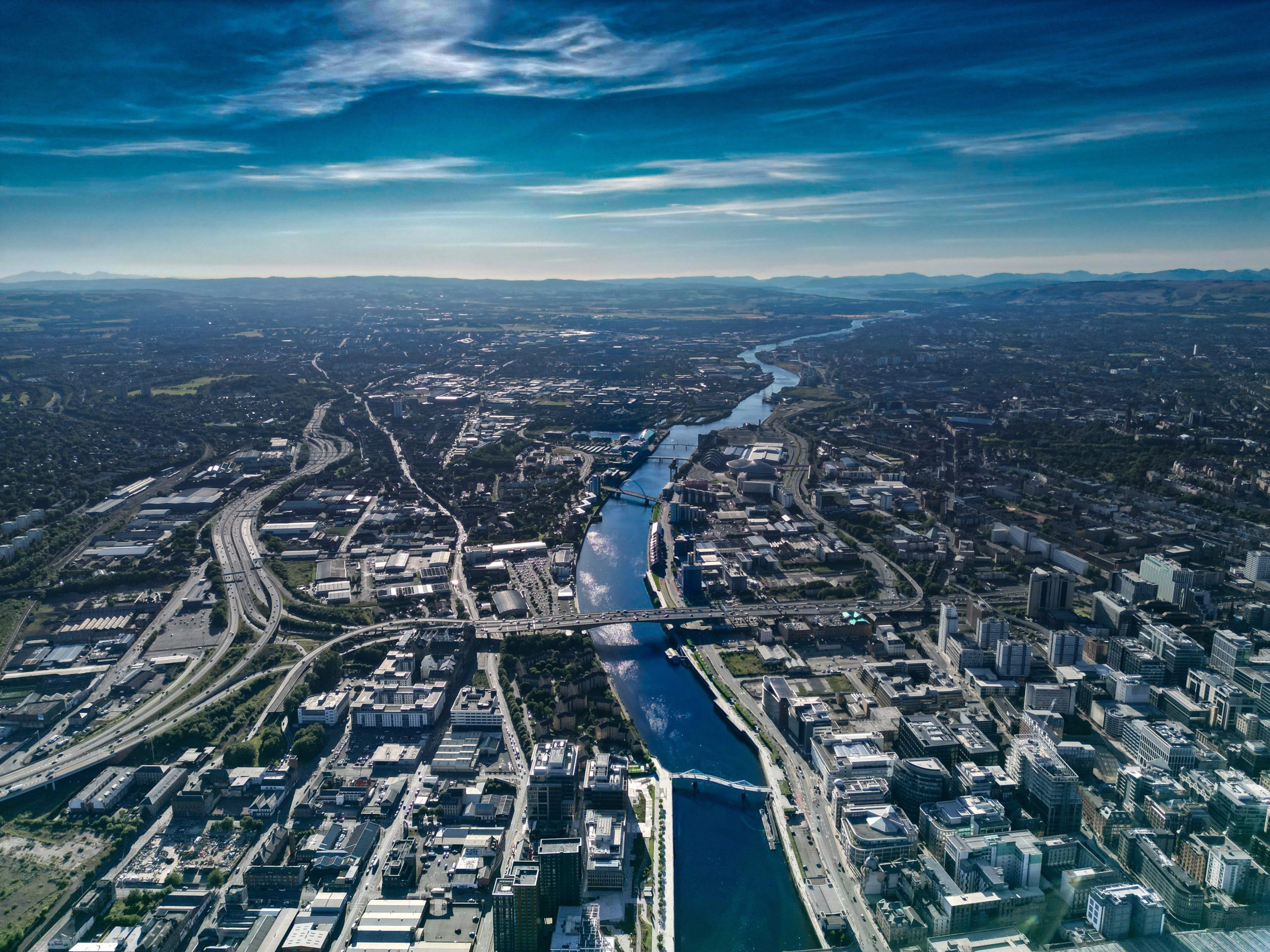
(Shutterstock)
GLASGOW City Council’s plan to build more than 7,500 new affordable homes in the city has been approved.
Forming part of the local authority’s £527 million strategic housing investment plan (SHIP) 2024/25 – 2028/29, the properties will be built over a five year period through 185 development projects.
The SHIP aims to deliver on the vision and strategic priorities set out in Glasgow’s housing strategy, which include reducing homelessness; increasing the supply of affordable family housing; reducing the number of kids living in poverty; and meeting increasing demand from households registered on RSL waiting lists; supporting refugee households.
Further priorities include responding to pressures experienced across Glasgow’s private rented market; and meeting the forecast changes to the demographics of the city’s population – included a projected 22.3% increase in the number of people who will be aged 65 years and older by 2032.
Amongst the priorities for new housing developments delivered through the SHIP, is that 10% of all new homes in developments of 20 units and above will be wheelchair readily adaptable. Furthermore, 60 new family-sized homes with three or more bedrooms being built each year will also be targeted.
The local authority said that it is expected that 80.7% of the new homes to be built through the SHIP funding will be social-rent housing, with 18.5% mid-market rent and 0.8% shared equity.
However, the council warned that challenges remain in the delivery of affordable housing, not least the 56% rise in costs to do so since 2018, and the impact of high interest rates.
Councillor Kenny McLean, city convener for housing at Glasgow City Council, said, “Glasgow’s strategic housing investment plan is very important for the city, paving the way to build 7,500 new affordable homes and meet other key housing needs between 2024 and 2029. New affordable housing is key not only to the quality of life of the residents, but the standard of the environment in our communities and its contribution to Glasgow’s economic growth.”








